The Return to the Statement Era: Knowing When to Speak Out
Here we go. With the new administration’s recent flurry of policy changes and announcements, professional communicators may feel we’re back in the statement era they may have experienced during previous White House transitions. Organizational leadership often leans on this practice of issuing statements to respond to significant government policy changes or initiatives to show support […] The post The Return to the Statement Era: Knowing When to Speak Out first appeared on PRsay.

Here we go. With the new administration’s recent flurry of policy changes and announcements, professional communicators may feel we’re back in the statement era they may have experienced during previous White House transitions.
Organizational leadership often leans on this practice of issuing statements to respond to significant government policy changes or initiatives to show support or take a public stand on societal issues. When done well and at the appropriate time, these statements can communicate your organization’s authenticity, transparency and accountability to your stakeholders who need and want to know that your actions align with your organizational values.
When is it appropriate to make a statement? Does every policy change demand a response?
Before writing that next statement, communicators should consider the following key questions:
- Does the issue or policy concern align with your values and mission? Your voice matters most when the social issue or policy directly intersects with your organization’s stated purpose. Stakeholders will notice if your response aligns — or doesn’t — with your stated principles. Stay in your mission and value lanes as an organization. Alignment with who you are is key to providing power, impact and credibility to your statement.
- Are your stakeholders affected? A significant government initiative may disproportionately impact the communities you serve or represent. Before speaking out, consider how the policy change or initiative impacts your stakeholders, which may include your employees, clients, customers, grantees or the broader community. Speak up when they are impacted — and be transparent about how you plan to advocate for their interests — to reinforce trust. However, if the issue doesn’t concern or impact your key audiences, skip the statement.
- Do you have the credibility to speak on this issue? Without credibility, your message risks being dismissed as performative or opportunistic. Before crafting a response, evaluate your organization’s history, expertise and role in the broader conversation. If your organization has a track record of advocacy or expertise on a topic, your voice will carry weight. Conversely, making a statement on an unfamiliar issue could invite scrutiny about your intent or capacity to act.
- Can you back your statement with action? Words are powerful, but they can ring hollow if not accompanied by tangible actions. Stakeholders increasingly demand that organizational statements be tied to measurable outcomes or long-term commitments. Organizations that issue statements without follow-up risk being perceived as performative. Actions — such as initiatives, partnerships or measurable commitments — lend credibility and show stakeholders that you mean business.
Once you’ve determined that issuing a statement is appropriate, thoughtful communication is essential. Here are tips for crafting impactful messages:
- Center impacted communities. Use your platform to amplify the voices of those directly affected by the policy change. Your statement should reflect their experiences and concerns but not go so far as to speak for them. Whenever possible, find ways to bring stories and testimonies in the voice of those impacted into your statement.
- Avoid ambiguity. Be specific about the issue you are addressing, your stance and why it matters. Vague or generic language can dilute or confuse your message. Outline the broader implications of the policy change and how it connects to your mission to help stakeholders see the larger picture and why your organization is stepping into the conversation. Ultimately, precision adds credibility and helps avoid misinterpretation.
- Stay authentic. Authenticity is critical in building trust and resonates with audiences. Your statement should reflect your organization’s core values, mission and identity, not simply echo popular sentiment. Speaking out just because others are doing so can backfire and be interpreted as inauthenticity, especially if your organization has no history with the issue. Ensure that your statement is rooted in genuine concern and relevance and be transparent if your organization has room for improvement on the issue at hand.
- Invite collaboration. No organization can tackle systemic issues alone. Your statement is an opportunity to encourage dialogue, partnerships and collective action to pursue meaningful change. Find and invite allies, such as like-minded organizations, individuals or policymakers, to join forces with you in addressing the issue.
- Highlight accountability. Share how your organization plans to contribute to solutions. Stakeholders are increasingly looking for proof of action. Communicate specific, time-bound goals to demonstrate your commitment to long-term change. Quantifiable actions make your efforts more credible and easier to track.
Words are powerful, but they are not enough. The question for communicators isn’t “Should we say something?” but rather, “Can we say — and do — something that makes a difference?” The answer to this question is the litmus test for whether your organization should speak out or leave spaces for others to speak instead.
Crystal Borde is a vice president at Vanguard Communications, a PR firm based in Washington, D.C. She is also president of the National Capital Chapter, one of PRSA’s largest Chapters.
Image credit: deagreez
The post The Return to the Statement Era: Knowing When to Speak Out first appeared on PRsay.










































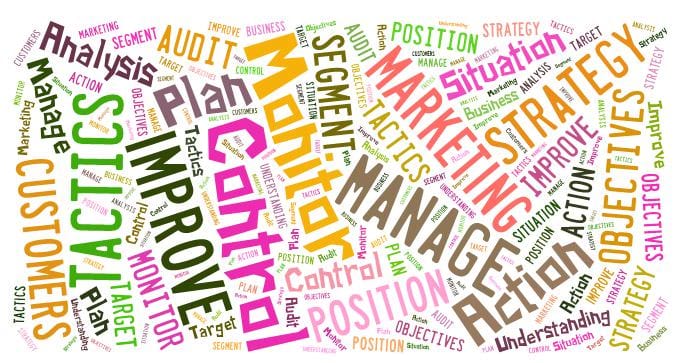








![How Marketers Are Using AI for Writing [Survey]](https://www.growandconvert.com/wp-content/uploads/2025/03/ai-for-writing-1024x682.jpg)
















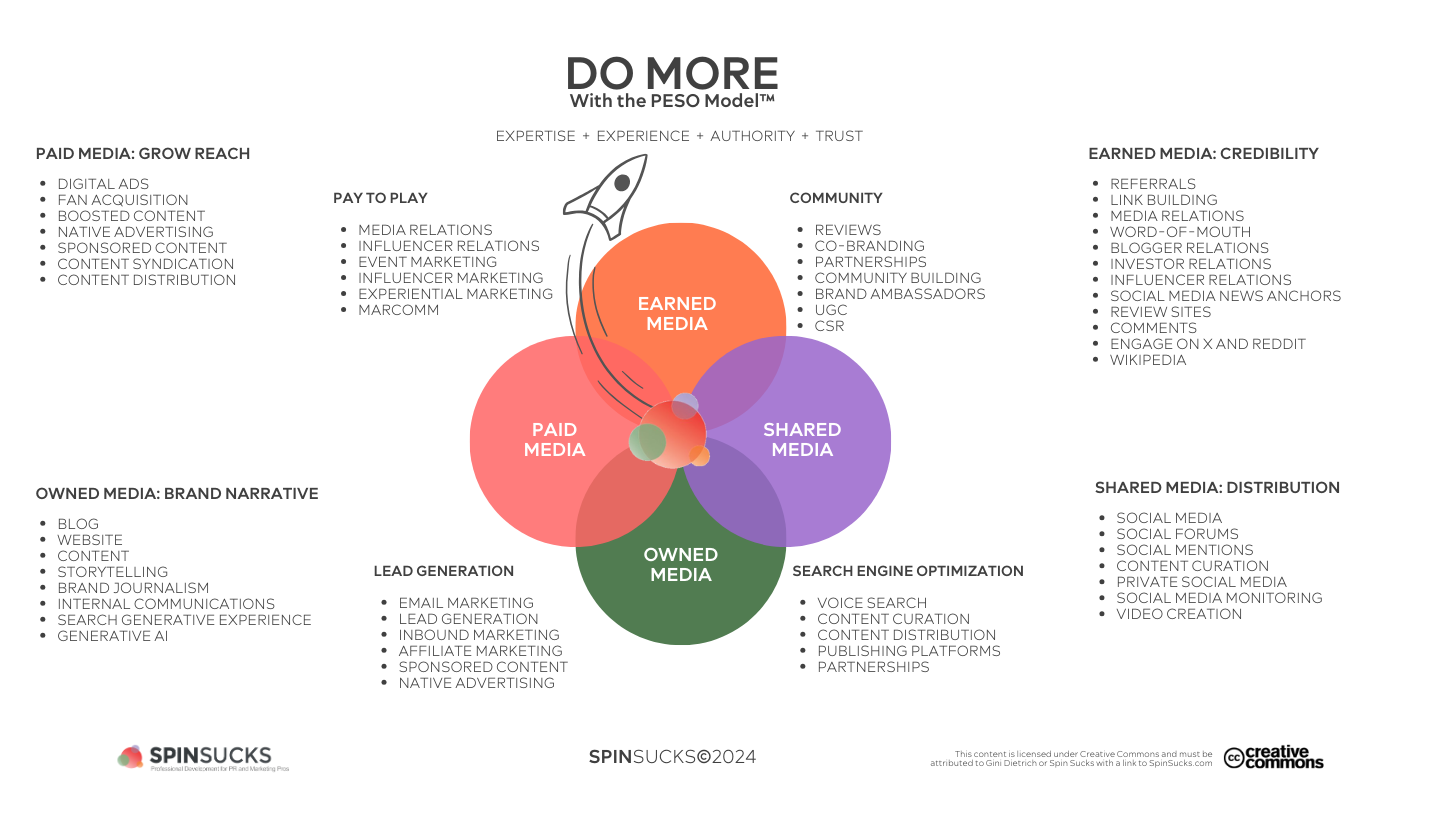
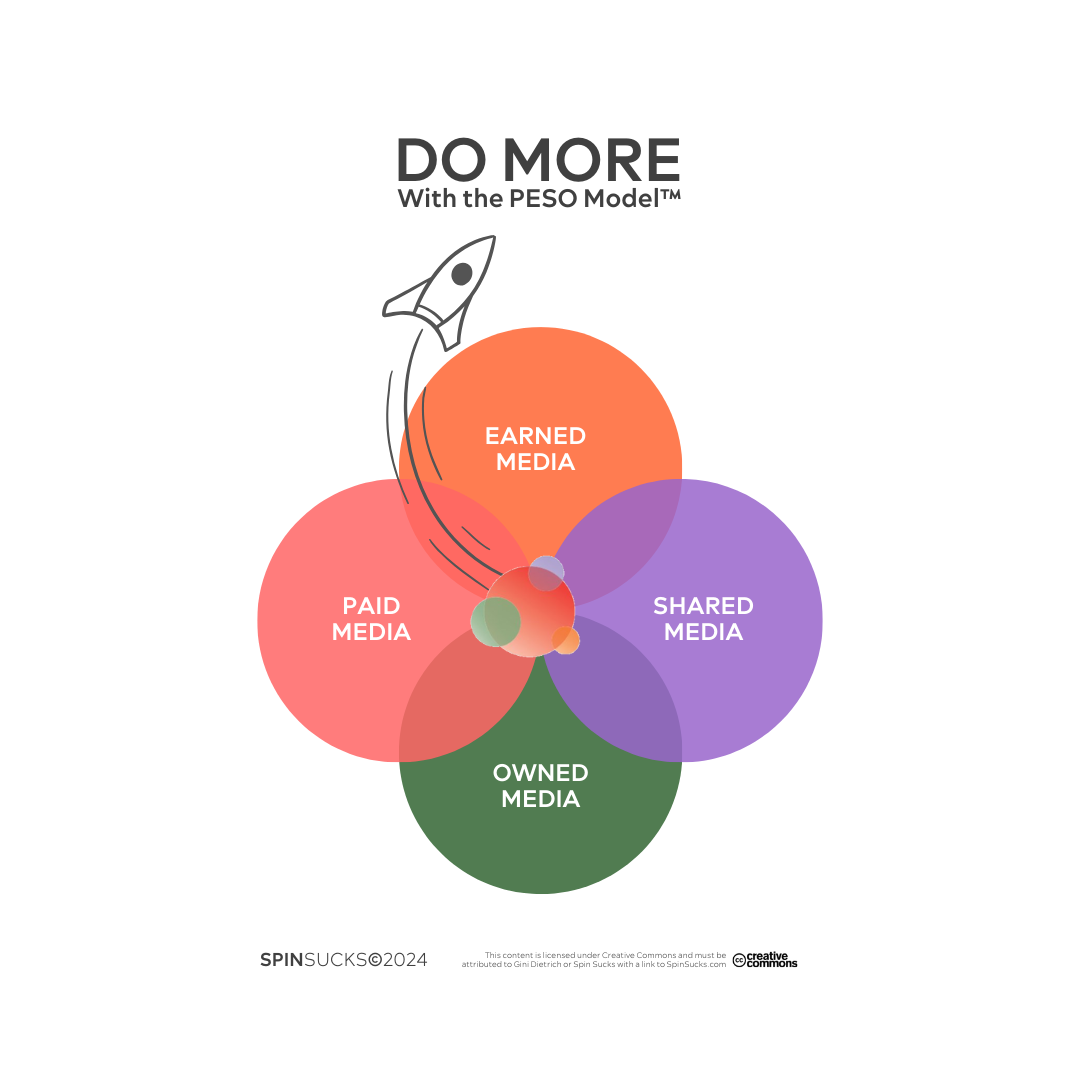






























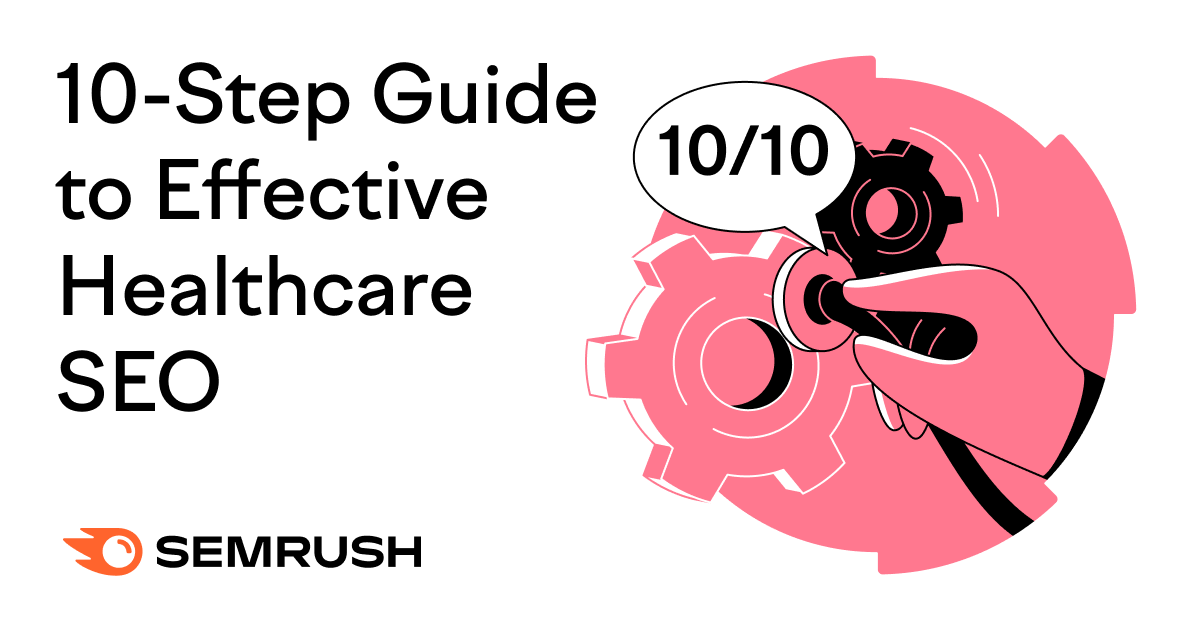




![How Meta Makes its Money [Infographic]](https://imgproxy.divecdn.com/Kn_lAdtd3hjL-g3cebdKw3vQ_uTSMewIOId-plpm62o/g:ce/rs:fit:770:435/Z3M6Ly9kaXZlc2l0ZS1zdG9yYWdlL2RpdmVpbWFnZS9tZXRhX2Fkc18yLnBuZw==.webp)
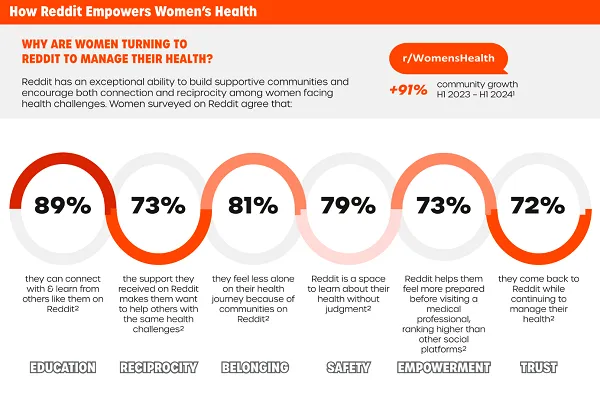












![311 Instagram caption ideas [plus free caption generator]](https://blog.hootsuite.com/wp-content/uploads/2022/07/instagram-captions-drive-engagement.png)

![How Conversion Funnels Create a Better Customer Journey [+ Tips to Optimize Yours]](https://www.hubspot.com/hubfs/Conversion%20Funnel.png)


![How to Create a Complete Marketing Strategy [Data + Expert Tips]](https://www.hubspot.com/hubfs/marketing-strategy.webp)




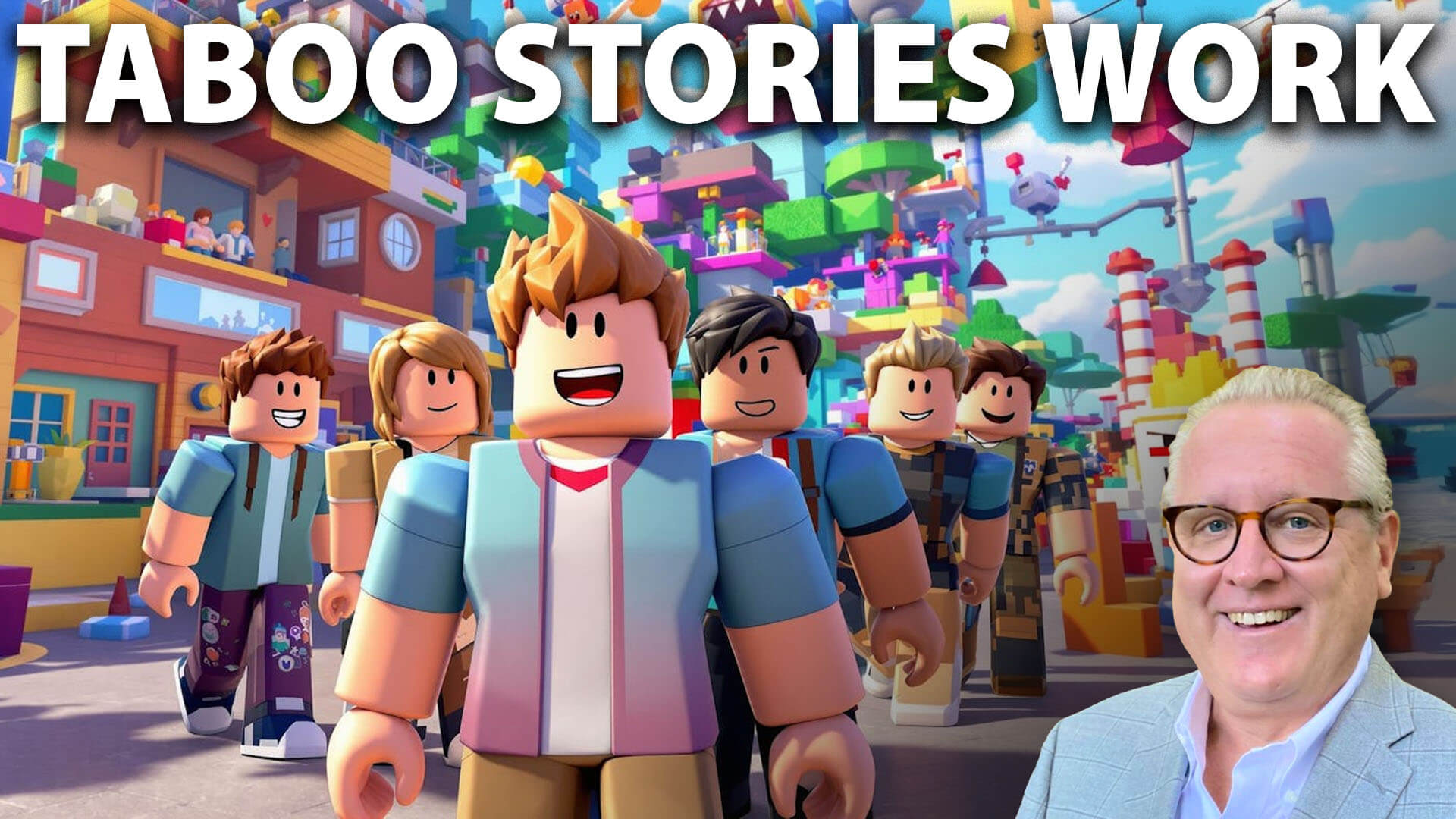







![Best times to post on Facebook in 2025 [Updated March 2025]](https://media.sproutsocial.com/uploads/2024/04/Best-times-to-post_2024_feat-img_fb.jpg)






